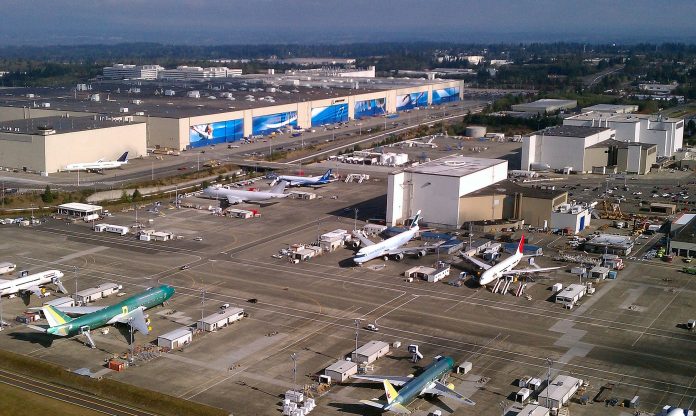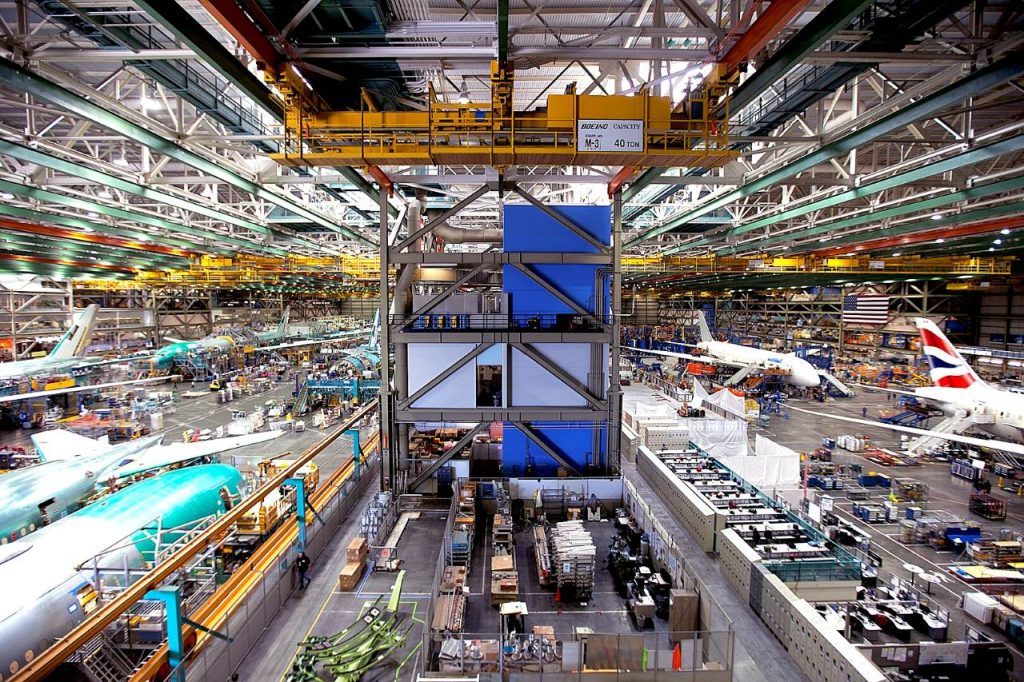
Boeing has taken in billions in tax breaks from Washington State, but still lays off workers all the same.
Hidden in the proposal for increasing the business and occupations tax rate is one more exemption for the Boeing Company, probably the worst offender of this century for exporting jobs out of Washington state. Boeing was actually a sort of good corporate citizen back in the 1980s. I remember hearing Boeing testify in the Washington State Legislature for a zoning change to enable construction of housing for their workers in Everett. They were not asking for handouts, they just wanted to make sure Boeing workers had a place to live.
Fast forward to 1997. Boeing merged with McDonnell Douglas, and McDonnell Douglas’s CEO, Harry Stonecipher, effectively took over Boeing. Stonecipher ditched Boeing’s centering of strong engineering with high quality work and replaced it with the overwhelming need for cash flow and profitability, especially immediate returns to shareholders.
Simultaneously, Boeing decided to sever its corporate public citizenship with the state of Washington, moving its corporate headquarters to Chicago, thousands of miles away from where Boeing planes were produced. So instead of managers being able to take a five-minute walk to observe airplane design, engineering, and construction, actually talking with engineers and machinists, now they could focus on making Wall Street happy.
At the same time, Boeing demanded tax breaks from the state of Washington, dangling production of the 787 in the faces of legislators. Legislators and Governor Locke responded with a 40% cut in business taxes, research and development tax credits and lower property taxes, all for and only for Boeing. The state lost about $3.2 billion from this tax break during the first two decades of this century.
But Boeing did not really build the 787 in our state. They outsourced 70% of the design, engineering, and manufacturing of components for the 787 to other countries and other states. The center fuselage came from Italy, the landing gear from France, the wings are produced in Japan, the wing tips in Korea, and the outsourcing goes on and on. And, no surprise, Boeing had to spend billions to retrofit these parts together which did not meet the exact specifications needed for flight.

The other thing that Boeing did with its tax cuts and tax credits was to build a completely new aerospace facility in South Carolina, far from the union workers in Seattle and Everett.
In 2013, Boeing decided it needed even more tax subsidies from Washington state. The company forced the Legislature into a two-day special session to vote through an $8.7 billion 16-year tax exemption deal, on top of what the Legislature had already given them in 2003. What else did Boeing demand in 2013? An end to the defined benefit pension for Boeing workers.
After losing a vote to upend the pension in mid-contract in November 2013, Boeing forced the machinists to revote on January 3 2014, a convenient date for Boeing when thousands of workers were on holiday leave. Boeing won that vote by a whisker, with 51% voting for it.
So what does Boeing do with its money taken from workers and state services? It gives it away to shareholders. Between 2010 and 2019 Boeing spent an estimated $68 billion on share buybacks and dividends.
Which leads to the question: why exempt Boeing from the 1% business and operations (B&O) tax surcharge on businesses proposed in the Legislature? That surcharge is only for companies with taxable income over $250 million. It would impact around 400 businesses. But not Boeing, because the surcharge exempts manufacturing. Since 2012, Boeing has shrunk its workforce by 25%, from 87,000 to 66,000. Boeing has laid off more than 2,500 workers in Washington since December, according to American Machinist.
Will the Legislature, yes, the Democratic Legislature, ever learn that stooping to corporate behemoths never works? They will just take our money and literally run away.

John Burbank (Guest Contributor)
John Burbank is the founder and retired executive director of the Economic Opportunity Institute in Seattle.

